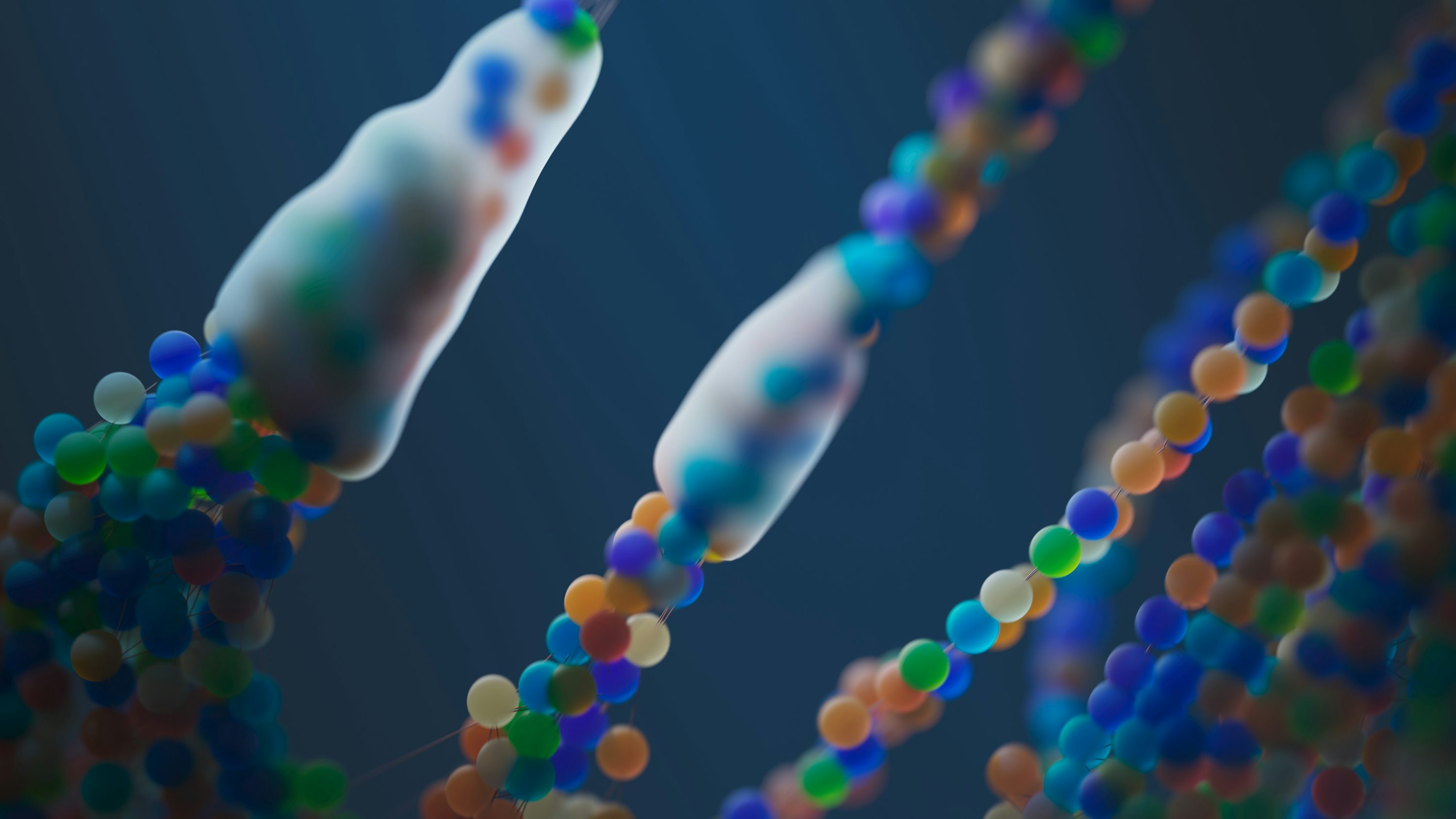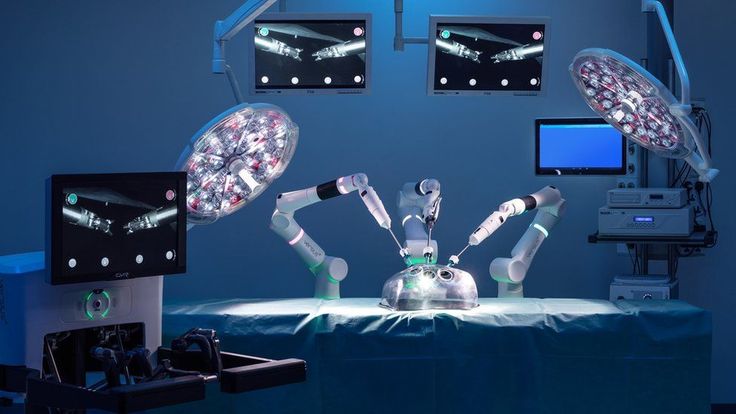Humans have never stopped exploring their own mysteries, and when we stare at the most basic blueprint of life-genes, a hopeful and frightening question emerges: can we edit our own genes like editing words?
The answer is yes, and this field is developing at an unprecedented speed. Gene editing technology, simply put, is the technology that scientists accurately modify the DNA sequence of organisms through specific tools. It is no longer a fantasy of science fiction, but a revolution taking place in the real world.

One of the core technologies of this revolution is CRISPR-Cas9. You can think of it as a "molecular scissors", which can be programmed to guide to a specific position on DNA, and then accurately "cut" or "replace" defective gene fragments. This technology is remarkable because it is efficient, cheap and relatively easy to use, which makes gene editing become more popular from an extremely complicated laboratory operation. The working principle of CRISPR technology can be traced back to the immune system of bacteria, from which scientists get inspiration and transform it into a powerful gene editing tool. By designing RNA(guide RNA, we can accurately take Cas9 protein to any target position of DNA just like GPS navigation.
The most direct application of gene editing technology lies in disease treatment. Numerous diseases, like cystic fibrosis and sickle cell anemia, result from the mutation of a single gene. Theoretically, through CRISPR technology, we can correct these pathogenic genes and cure diseases fundamentally. Scientists have made exciting progress in this field, and some clinical trials are under way to repair defective genes in patients. This indicates a future without hereditary diseases, which sounds exciting.

However, the potential of gene editing goes far beyond this. It also triggered a profound ethical discussion. If we can repair the disease-causing genes, can we also enhance some human characteristics, such as improving intelligence, strengthening physical fitness and even changing appearance? This is the so-called "design baby" problem. This possibility blurs the boundary between treatment and enhancement, and triggers a heated debate about the future direction of mankind.
In addition, gene editing also faces technical challenges. Although CRISPR-Cas9 technology is very accurate, it is not 100% perfect, and "off-target effect" may still occur, that is, the genes in non-target areas are edited incorrectly, which may bring unexpected consequences. Scientists are constantly improving technology to improve its safety and accuracy. They are developing more advanced Cas protein variants and brand-new gene editing systems to minimize potential risks.

Generally speaking, the ability of human beings to edit genes has become a reality, which opens a door to a new future for us. Behind this door, there is not only the light of hope to cure the incurable disease, but also the ethical challenge that we need to face cautiously. The development of gene editing technology is not only a matter for scientists, but also a major issue that everyone should pay attention to and think about, because it will profoundly affect our future as a species.



